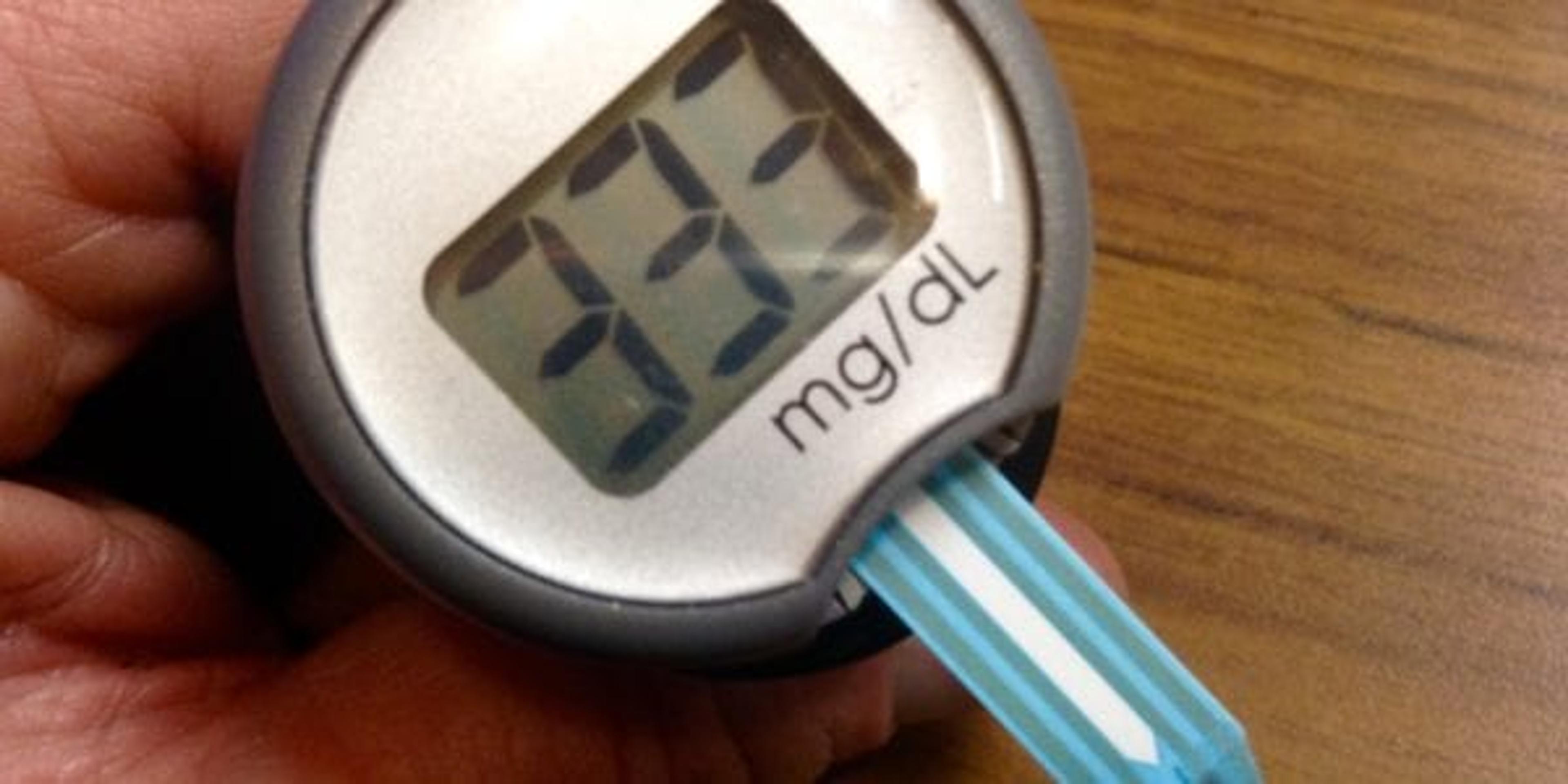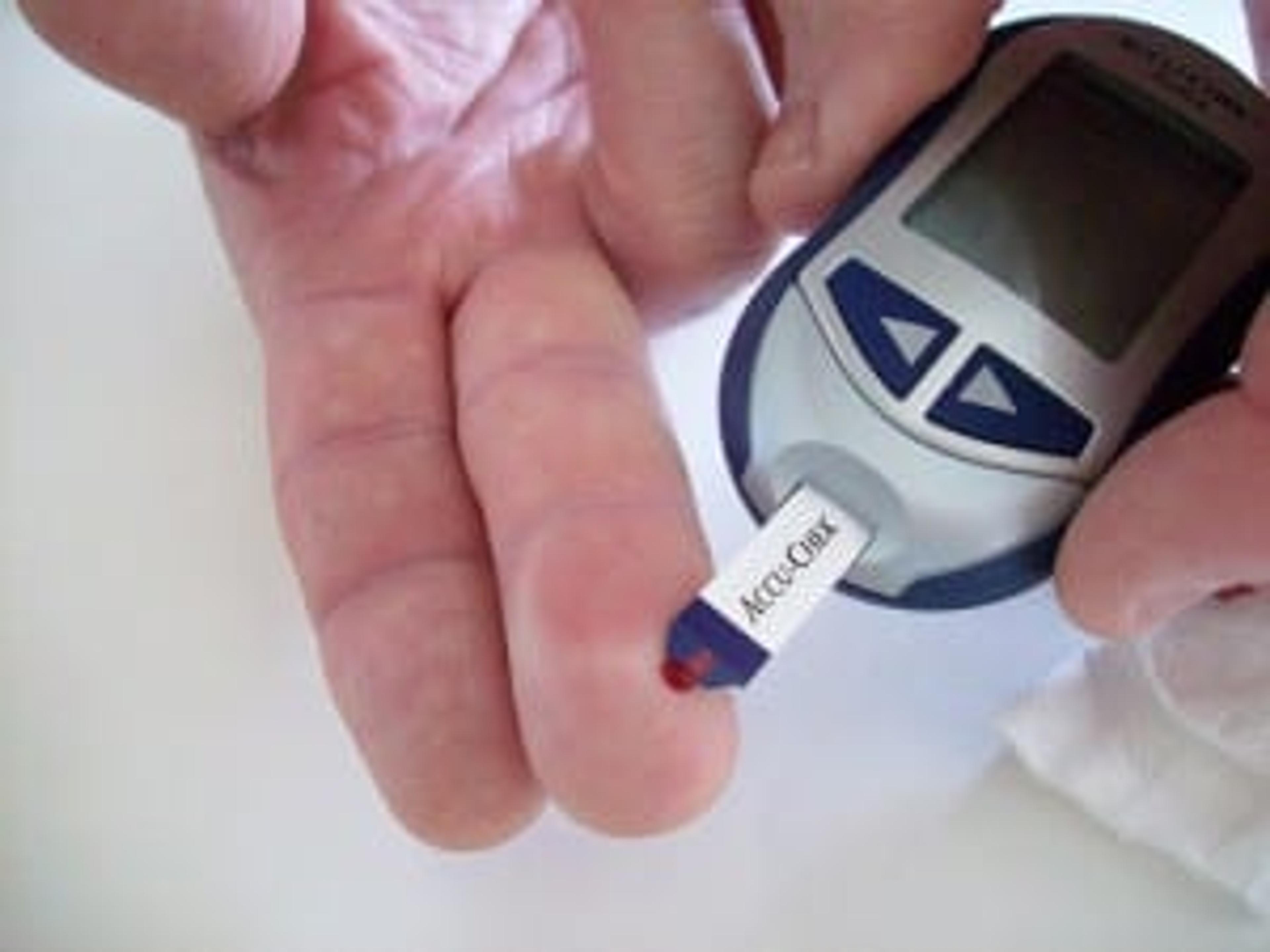How Do You Know if You Have Diabetes?
Registered Dietician
| 2 min read

The tricky thing about diabetes is it can occur in anyone regardless or your age or race, and therefore can be difficult to detect. There are warning signs everyone can look out for to decrease their chances of developing diabetes. After all, awareness is vital when it comes to preventing and treating diabetes.
Here’s what to be on the lookout for:

- Frequent urination
- Unusual thirst
- Extreme hunger
- Unusual weight loss
- Extreme fatigue and Irritability
- Type 2 Diabetes
- Any of the type 1 symptoms
- Frequent infections
- Blurred vision
- Cuts/bruises that are slow to heal
- Tingling/numbness in the hands/feet
- Recurring skin, gum, or bladder infections
Diabetes can be a tricky disease, and often people with diabetes display no early detection symptoms. That’s why it’s important to not rely solely on symptoms and to consult a doctor to get tested. Doctors can use three different types of tests to measure your blood glucose levels:
- The A1C test – The doctor may diagnose you with diabetes if your A1c is 6.5% or greater on two occasions. Pre-diabetes is when your A1c is 5.7%-6.4%. Below 5.7% is considered normal.
- Fasting plasma glucose test (FPG) – greater than 126mg/dl = diabetes, 99-125mg/dl = pre-diabetes and less than 99mg/dl is considered normal
- Oral glucose tolerance test (OGTT) – 200 or greater = diabetes, 140-199 = pre-diabetes and less than 139 is normal
Note: All of these tests should be completed twice and/or be compared to symptoms above and should always be diagnosed by your doctor.
Consulting with your doctor is the best way to determine if you have diabetes. The American Diabetes Association also has great online resources. You can also take the test to learn if you’re at risk!
Photo Credit: Mike Mozart via Flickr





